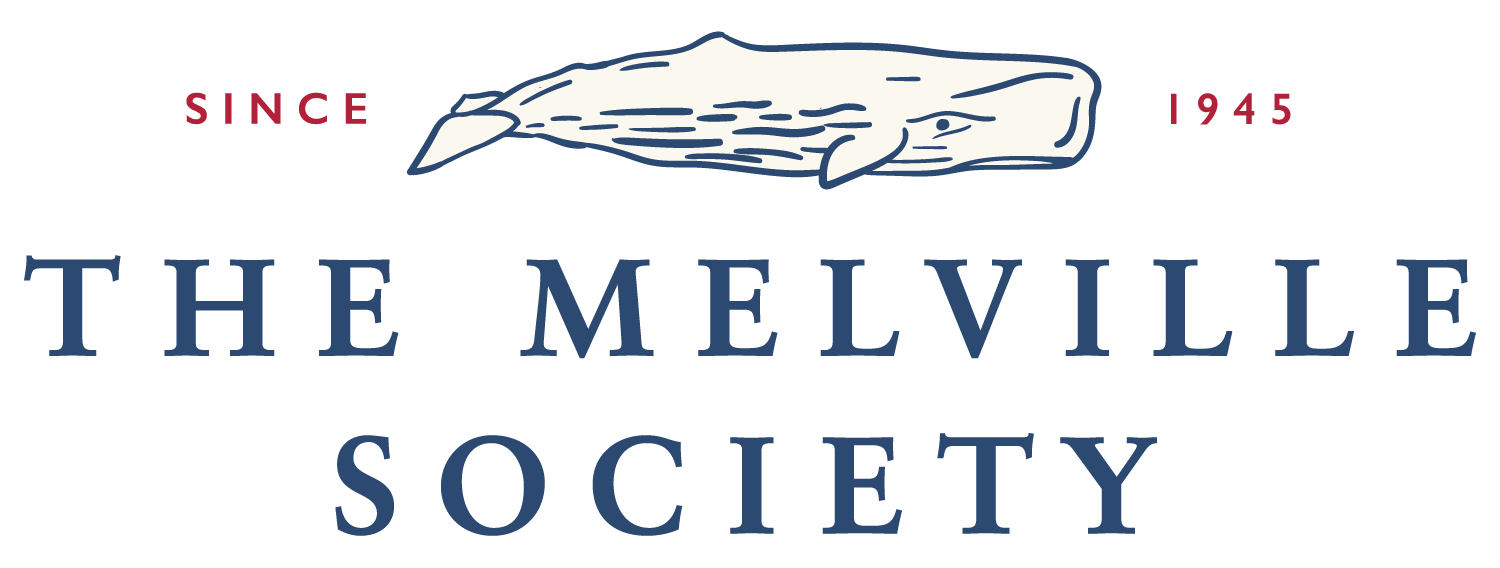DEADLINE EXTENDED! Call For Papers: Melville Society Panels at MLA 2026
The Melville Society is submitting two panels to the 2026 Modern Language Association annual convention, which will be held in Toronto, Canada, January 8-11, 2026.
Both of the below CFPs have a submission deadline of March 17th, 2025
Thermal Melville
(Guaranteed Panel)
“Oh, man! admire and model thyself after the whale!,” Ishmael enjoins in Moby-Dick, “Do thou, too, remain warm among ice. Do thou, too, live in this world without being of it. Be cool at the equator; keep thy blood fluid at the Pole. Like the great dome of St. Peter’s, and like the great whale, retain, O man! in all seasons a temperature of thine own.” Today, Ishmael’s dream of thermal independence for both human and nonhuman life is threatened by an overheated planet that is increasing the earth’s temperature to dangerous levels, warming oceans, melting sea ice, scorching the land, producing hotter summers and colder winters. Global warming thus makes visible what media theorist Nicole Starosielski has recently described as “zones of thermal privilege and thermal harm” and threatens, for example, what the Inuk writer Sheila Watt-Cloutier has called “the right to be cold.”
Melville’s writings are attuned to a variety of thermal contexts and thermal experiences. He traveled to and wrote about some of the warmest climates on earth; his works also, as Hester Blum has shown, found their way to some of the coldest. This panel invites papers that consider hot and cold in Melville’s writings, especially papers that are attuned to the social and cultural dimensions of temperature, to the politics of thermal exposure, to thermo-aesthetics and thermo-power, to the affects of heat transfer, to climate change, and to overlooked histories of temperature.
Please submit 250-word abstracts and a CV to Jeffrey Insko ( insko@oakland.edu ) by March 17.
Melville and the Law
(non-guaranteed panel)
Melville’s connections to the law are at once biographical, thematic, and pedagogical. His father-in-law was the enormously influential Massachusetts Chief Justice Lemuel Shaw, who is often cited as a template for Billy Budd’s Captain Vere in his decision to uphold the Fugitive Slave Act. Lawyers and legal terminology are ubiquitous in his work, from Temple Bar’s bachelors and Bartleby’s Wall Street law office to the deposition in “Benito Cereno.” Along with Dickens, Kafka, and Shakespeare, Melville is a mainstay of Law and Literature syllabi in English departments and law schools; Moby-Dick’s miniature treatise on possession and ownership, “Fast-Fish and Loose-Fish,” is even cited in some legal casebooks on property law.
This panel invites papers that consider any aspect of Melville’s writing, biography, and reception in relation to legal history, legal theory, or legal institutions. Papers may consider, for instance:
Melville’s depiction of legal institutions, processes, and actors (e.g., trials, lawyers, contracts, property, inheritance);
Melville’s work in relation to its legal-historical context (e.g., “Benito Cereno” and legal cases involving slave insurrections; Billy Budd and the Fugitive Slave Act);
Legal theory as a lens on themes of Melville’s work (e.g., sovereignty, personhood, violence, natural law);
Melville’s reception history in legal institutions and contexts (e.g., citations in judicial opinions and legal treatises; Melville’s place in the Law and Literature canon).
Please submit 250-word abstracts and CVs to Geoffrey Kirsch (gk499@cam.ac.uk) by March 17.
For more details on the 2026 MLA convention, visit the MLA Website

